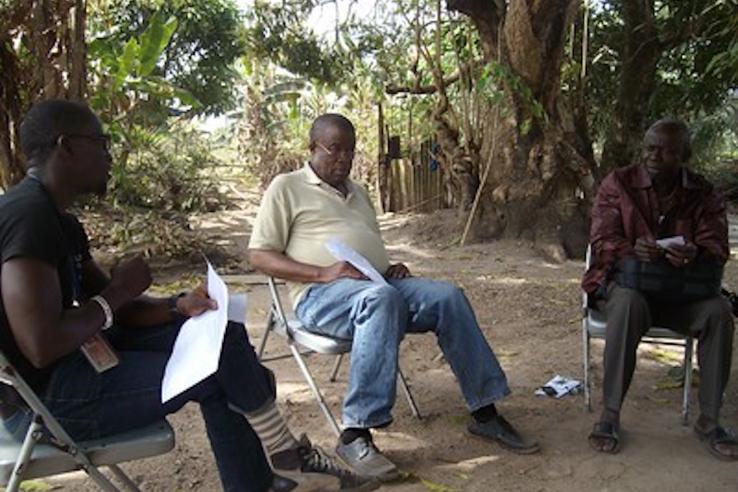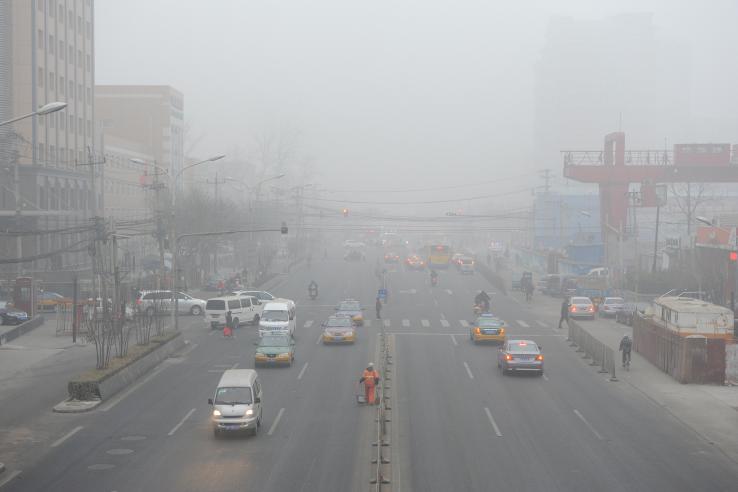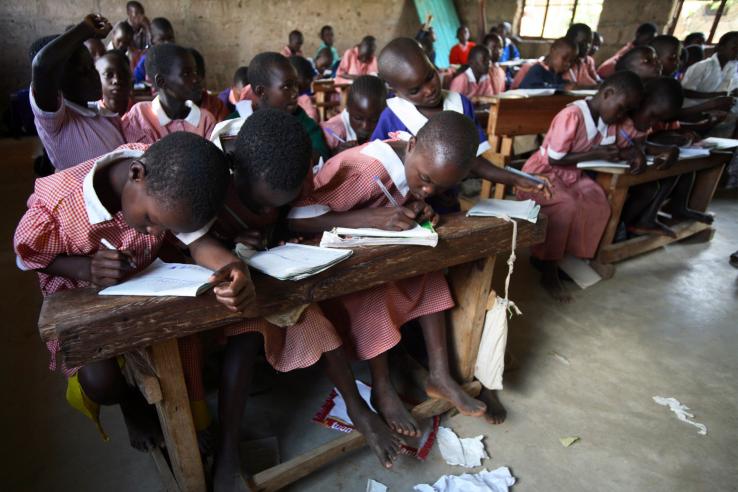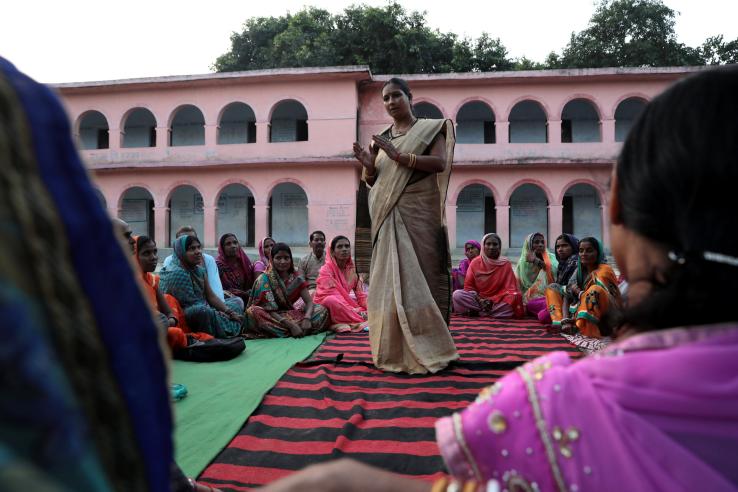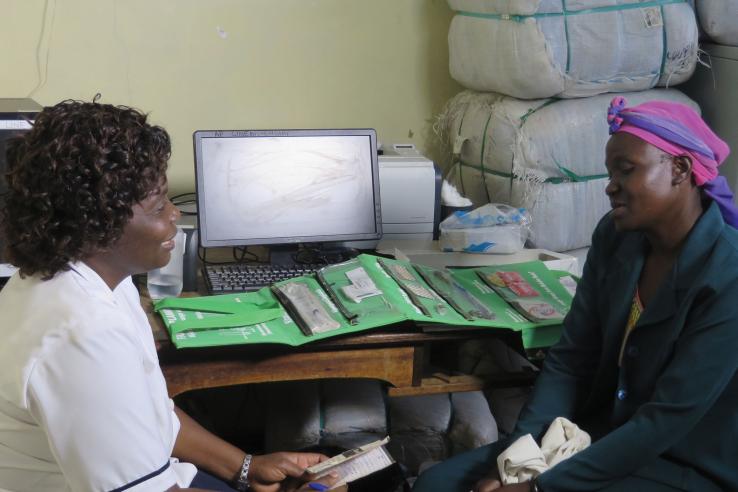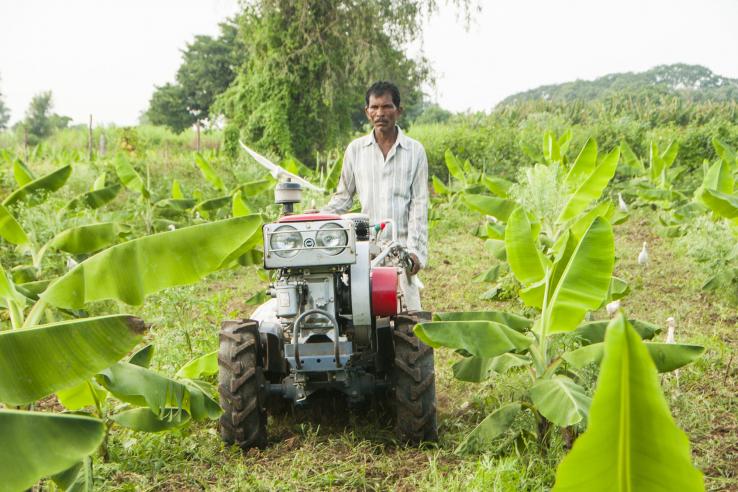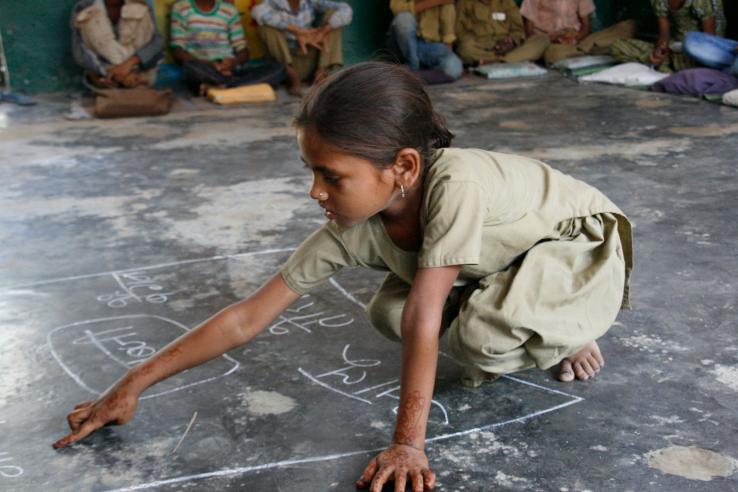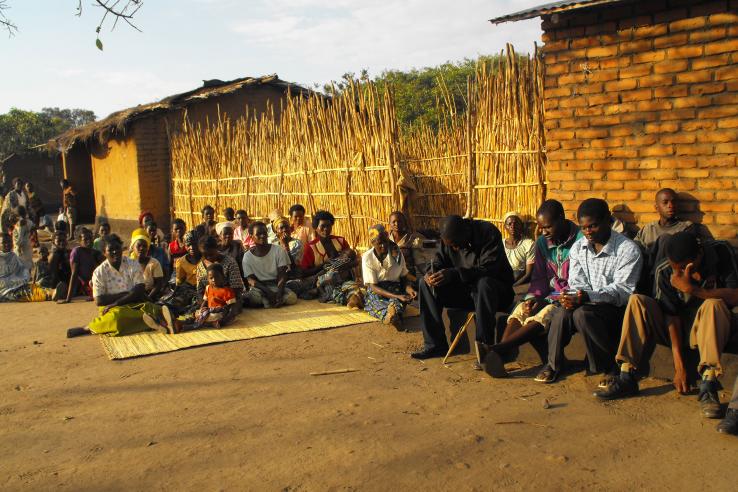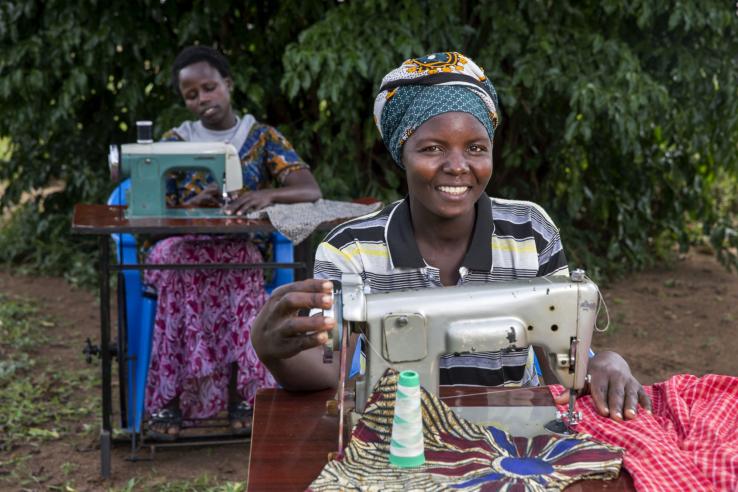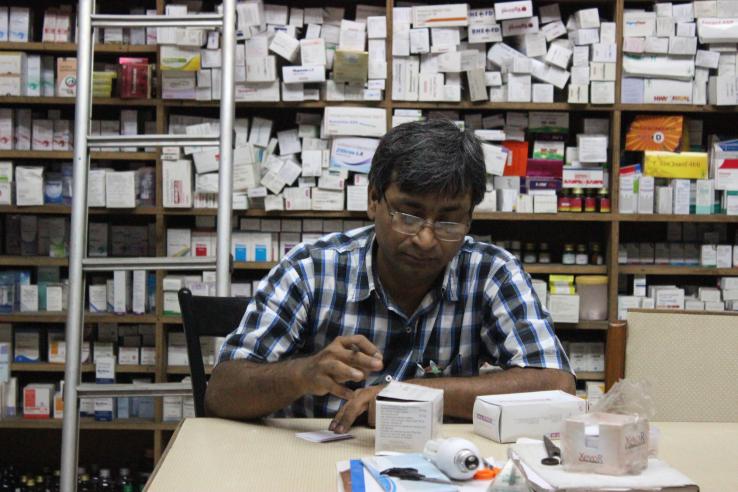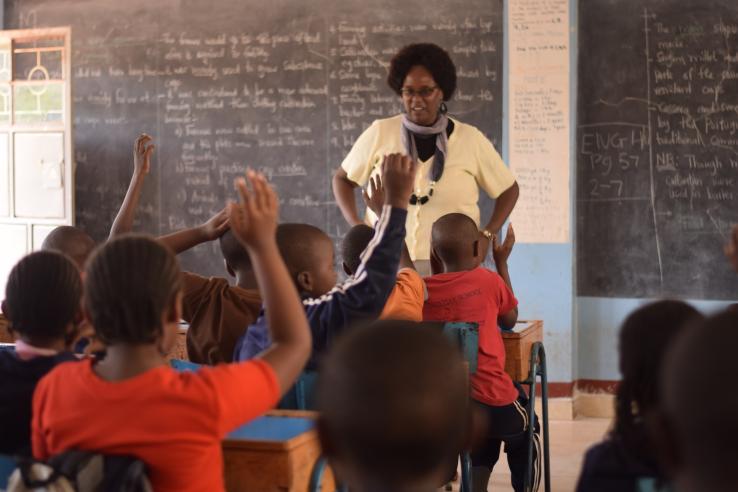Displaying 136 - 150 of 1291
Evaluation
In Sierra Leone, researchers evaluated the effect of publicly-screened debates during the run-up to parliamentary elections. Debates impacted voters’ political knowledge and voting decisions, and also caused candidates to invest more in their constituencies, both during the campaign and one year later.
Evaluation
In collaboration with China’s National Environmental Inspection Program, researchers are evaluating the impact of reporting firms’ hourly emissions data to environmental inspectors on the likelihood of firms being inspected, local air pollution, local economic output, and health outcomes.
Evaluation
In partnership with International Child Support, researchers designed and evaluated an incentives program that provided salary bonuses to teachers in Kenya based on the performance of their school as a whole on annual district exams. While results show that the incentives program led to an increase in student test scores, researchers believe that this increase was due to improved test-taking strategies and "cramming," rather than an increase in overall knowledge. The program did not have an impact on test scores in the long-run.
Evaluation
Researchers offered two days of business training and assistance in identifying a medium-term financial goal to a random sample of women of different castes and religions in India. A random sub-sample of women were invited to attend the training with a friend. Women trained with a friend doubled their demand for loans and expanded their business activity, resulting in higher household income. This impact was stronger among women from religious or caste groups with social norms that restrict female mobility.
Evaluation
Researchers used an evaluation that varied whether women were given access to contraceptives alone or with their husbands to examine the effect of male involvement in family planning on fertility outcomes. Women who received private access to vouchers for contraceptives were more likely to take up and use contraception, compared to women whose husbands were involved in the voucher program.
Evaluation
Researchers conducted a randomized evaluation to measure the impact of a crop price awareness program on reducing price uncertainty and promoting forward-looking planting decisions among farmers in India.
Evaluation
Researchers partnered with Pratham, an educational NGO, to evaluate the impact of their “Read India” program and its components, which include teacher training, monitoring, learning materials, and village volunteers, on educational attainment. Preliminary results suggest the program had a modest impact on overall reading levels in the villages where camps were held, but a much larger impact on the subgroup of children that actually attended the camps.
Evaluation
In Malawi, researchers examined the effect of bundling rainfall index insurance with a credit program on farmers’ demand for credit. They found that bundling insurance with credit reduced the demand for credit, from 33 percent for credit alone to 17.6 percent for the bundled product.
Evaluation
Researchers randomly assigned voting precincts to a campaign spreading information on corruption and public expenditure one week before the 2009 municipal elections in Mexico. Providing incumbent corruption information not only decreased incumbent party support, but also decreased voter turnout and support for the challenger party, as well as eroded partisan attachments. While information clearly is necessary to improve accountability, corruption information is not sufficient because voters may respond to it by withdrawing from the political process.
Evaluation
Researchers evaluated the effect of (a) simple text message reminders and (b) financial incentives on borrowers' loan repayment. These methods had similarly positive effects, which suggests that the text message reminders may be a more cost-effective intervention. The reminders proved particularly effective for younger borrowers.
Evaluation
Researchers tested the assumption of price inelastic demand using a randomized evaluation in South Africa. The results suggest that the demand curves were downward sloping, and steeper for price increases relative to the lender’s standard rates. Researchers also found that loan size was far more responsive to changes in loan maturity than to changes in interest rates.
Evaluation
Researchers sought to understand different types of information asymmetries and how they relate to loan default rates in South Africa. Borrowers given high interest rates had a greater incentive to default as it was more costly to repay the loan, but there was little evidence that borrowers defaulted because they had never intended to repay the loan.
Evaluation
Many firms rely on social networks to find potential employees, and to find out more information about them. In Kolkata, India, researchers tested whether using social networks for recruitment was an effective strategy for finding highly qualified candidates in a laboratory setting. They found that high-ability participants only referred high-skilled candidates when offered performance incentives, and low-ability participants failed to refer high-skilled candidates under any incentive structure.
Evaluation
This study in Kenya found that cost-sharing and health education were not effective alternatives to a total subsidy of deworming drugs.
